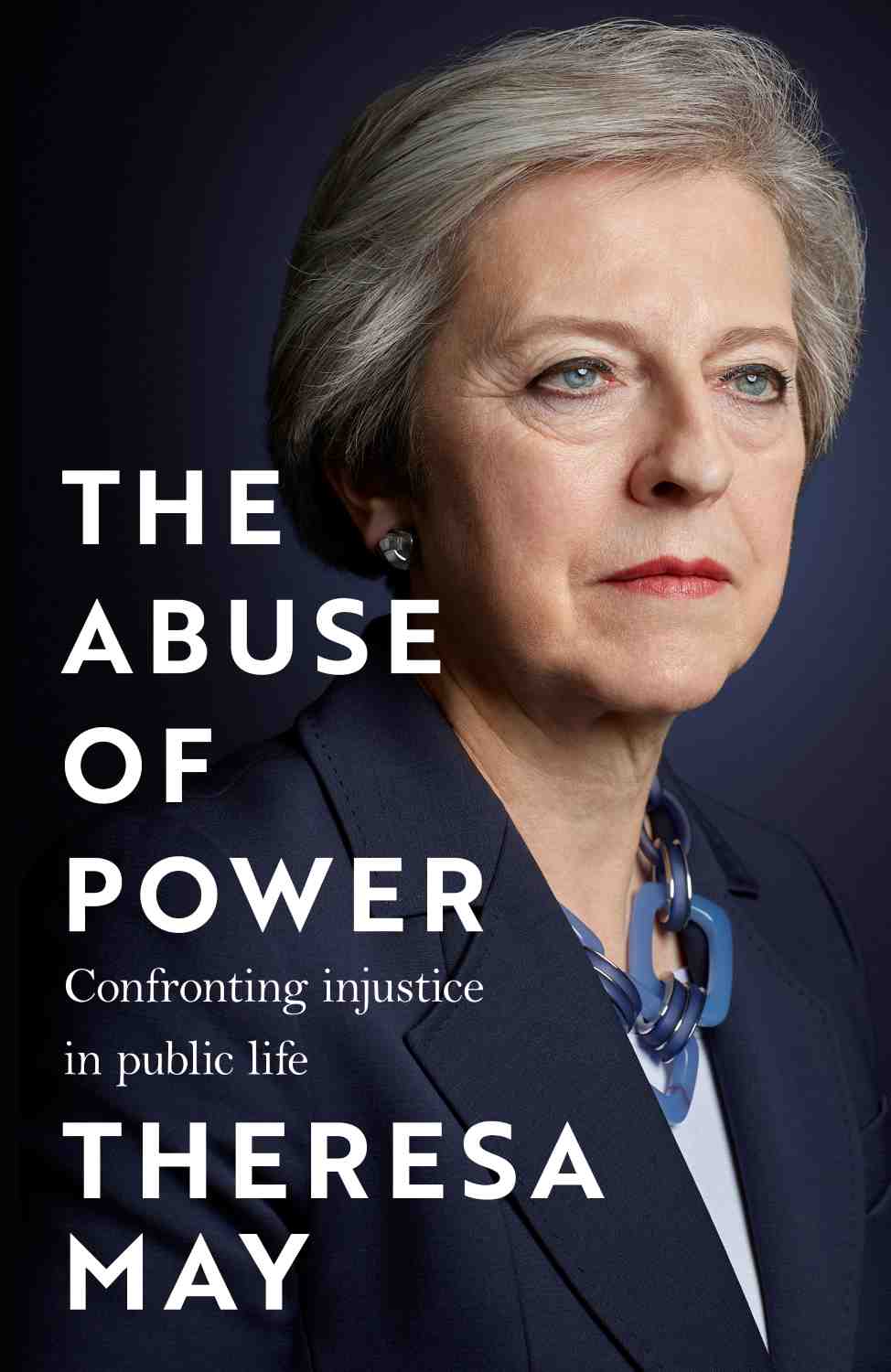'Sobering': Karen Bradley reviews 'The Abuse of Power'
London, 2017: Theresa May | Image by: Paul Marriott / Alamy Stock Photo
4 min read
Theresa May’s first foray into print should be compulsory reading for anyone who thinks politics is a game to be won or lost
Theresa May is an extraordinary politician as anyone who has ever worked with her knows. I served as her junior minister at the Home Office and then in her cabinet through the turbulent years that she was prime minister and saw that for myself every day. Her first foray into print lays out the many reasons why she is so admired for her long service in the House and her integrity.
Theresa’s attention to detail, her willingness to confront the orthodoxy, her duty to her constituents and public service are evident throughout. These characteristics help her confront the abuses of power she simply could not overcome.
Reading the book, you hear Theresa’s voice in every word. She has thought carefully about every issue she writes about. She is direct about problems and honest about her own failings – a trait we are unlikely to see from many of her counterparts. There is no ghost writer involved in this book. The result is a forensic analysis of why abuses of power happened and were allowed to persist.
The Abuse of Power is not a memoir. There are no gossipy asides or salacious details of scandals. Instead, it is a serious grown-up book that should be compulsory reading for anyone who thinks that politics is a game to be won or lost.
It is not a memoir. There are no gossipy asides or salacious details
The acts and words of politicians have serious consequences and, for those who believe – as I do – that we should do all we can to save democracy from populism and absolutism, the book will be a sobering read. Each chapter is a deep dive into some of the most important and controversial social and political events from Windrush to the Ukraine war. From this close analysis several themes emerge.
The writer says at the start that “institutions of the state and those who work within them put themselves first and the people they are there to serve second”. The moral indignation that comes through so strongly on the back benches is obvious. It’s not an autobiography but it reveals the author.
Another theme is the steady progress of absolutism into politics. Whether discussing Trump, Brexit or local planning, you are either 100 per cent right – or you are 100 per cent wrong and your views are worthless.
This is familiar to me from my time in Northern Ireland, where leaders on either side of the community are unable to admit when a proposal might benefit both sides. Each policy is seen through the lens of how much the other community approves. If the other side is thought to benefit, it is rejected whether it’s good or bad. But life isn’t absolute, and as politicians should we not see issues beyond a zero-sum game?
 So many events covered illustrate that words and actions have serious consequences. Along with power to influence comes responsibility for your deeds but also what you say and how you say it. A patient response to the Salisbury poisoning, for example, drew criticism but history shows that a careful methodical approach was just the right thing to do. The rent-a-quote politician should have no place in responsible government; this book explains why.
So many events covered illustrate that words and actions have serious consequences. Along with power to influence comes responsibility for your deeds but also what you say and how you say it. A patient response to the Salisbury poisoning, for example, drew criticism but history shows that a careful methodical approach was just the right thing to do. The rent-a-quote politician should have no place in responsible government; this book explains why.
My one disappointment is in the treatment of modern slavery. It’s the one topic where the forensic approach is less in-depth. So much more could be said about this heinous crime and Theresa’s global leadership role in helping tackle it. This is an occasion where honesty about one’s own achievements might have the justified greater coverage. But maybe that will be the topic of her next book.
Karen Bradley is Conservative MP for Staffordshire Moorlands and chair of the Human Trafficking & Modern Slavery APPG
The Abuse of Power: Confronting Injustice in Public Life
By: Theresa May
Publisher: Headline
